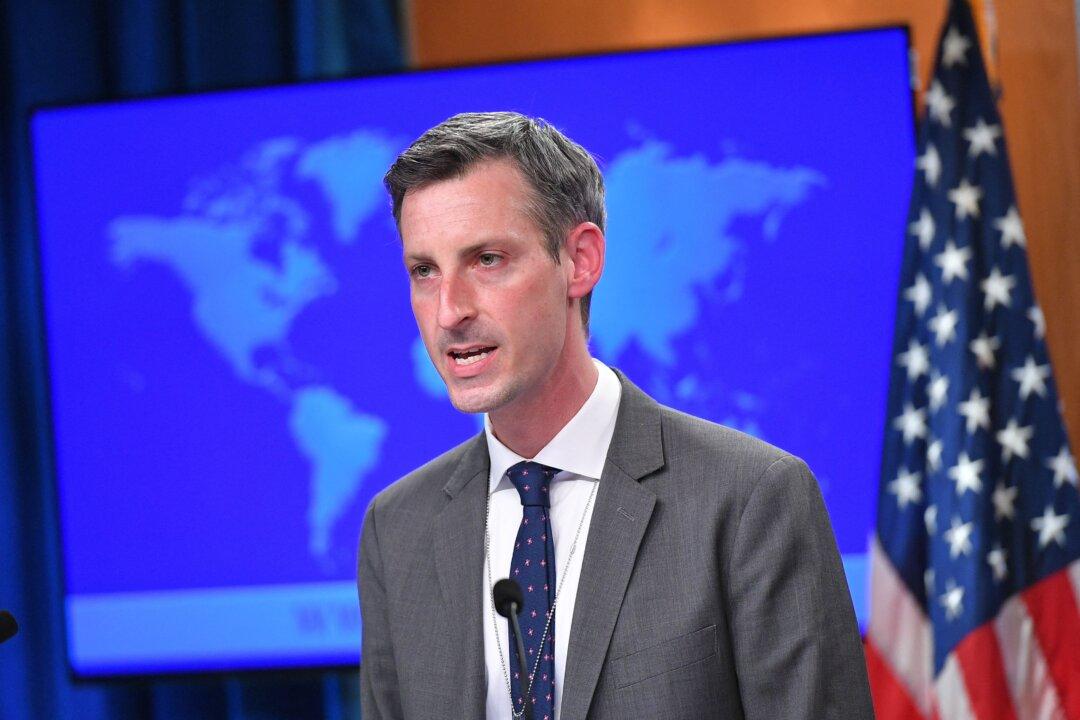U.S. State Department spokesperson Ned Price said the United States supports Australia’s decision to cancel two Belt and Road Initiative arrangements with Beijing.
“We continue to stand with the people of Australia as they bear the brunt of the PRC’s coercive behavior,” Price said. “The Australian government had determined that the agreements ... to be inconsistent with Australia’s foreign policy or adverse to Australia’s foreign relations.”




